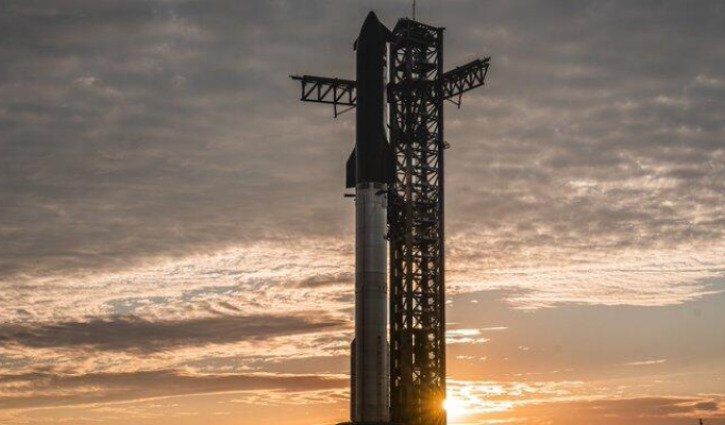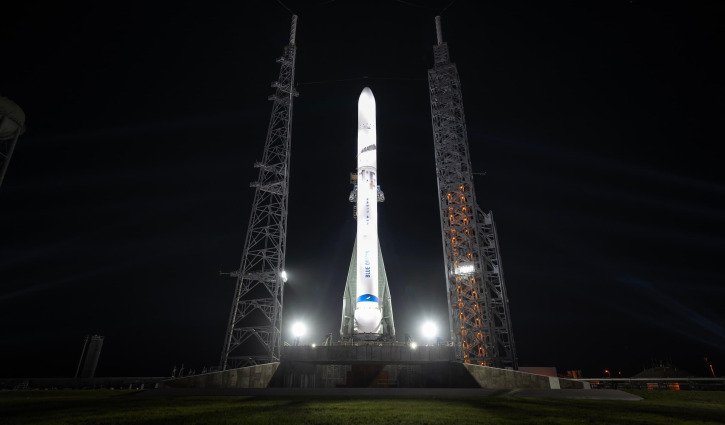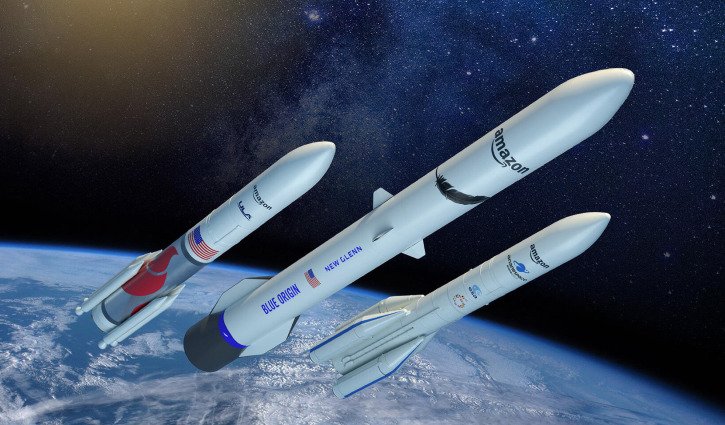Executive chairman of Amazon, Jeff Bezos’ Blue Origin has launched its New Glenn rocket, in the company’s first major venture into Earth’s orbit.
The spacecraft lifted off from Florida’s Cape Canaveral Space Force Station just after 2 AM, local time. New Glenn reached the Earth’s orbit, and sent up to six hours of data to Blue Origin from its experimental Blue Ring module.
“Today marks a new era for Blue Origin and for commercial space," said New Glenn senior vice president Jarrett Jones.
“We're focused on ramping our launch cadence and manufacturing rates,” Jones said. “My heartfelt thanks to everyone at Blue Origin for the tremendous amount of work in making today's success possible, and to our customers and the space community for their continuous support.”
While Blue Origin planned to recover the rocket’s booster by landing it on a ship in the Atlantic Ocean, the booster was destroyed re-entering the atmosphere.
New Glenn was initially planned to launch in December before being rescheduled to 10 January following regulatory approvals. Launch attempts on 10 and 13 January were halted due to poor weather.
The Blue Ring Pathfinder unit features communications and telemetry arrays, as well as a flight computer. The company plans to build a larger Blue Ring vehicle that can host and transport payloads, such as satellites.
New Glenn will be used to deploy satellites for Project Kuiper, Amazon’s planned broadband satellite constellation.
Elon Musk’s SpaceX, which currently dominates the private space flight sector, successfully performed a similar booster recovery during a Starship flight in October.
Musk congratulated Blue Origin for the New Glenn launch in a post on X, saying: “Well done Jeff Bezos, and the Blue Origin team.”
SpaceX’s seventh Starship flight is also due today, and will test its payload deployment abilities in preparation for satellite launches.



